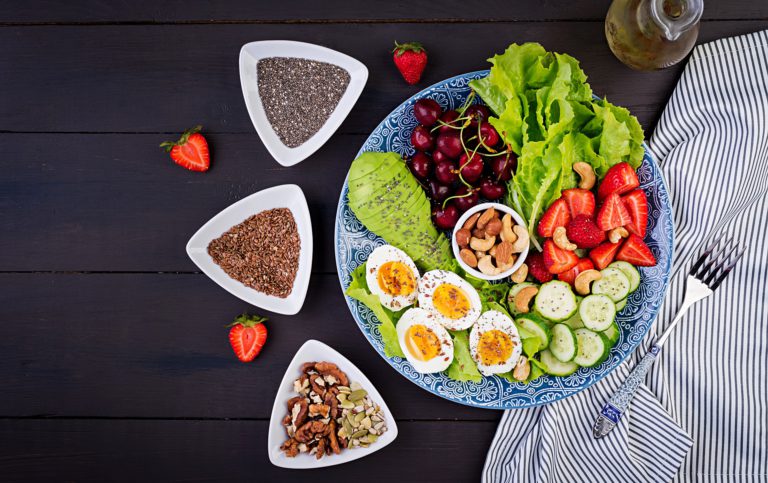Although it is a widely-known fact amongst Canadians that the holiday season is the most amazing time of the year, things can prove to be the exact opposite for those who have fibromyalgia (FMS) and chronic fatigue syndrome (ME/CFS).
For most people, the idea of winter will always bear a happy undertone that’s accompanied by hot cocoa, snowmen, gift-giving, and in-store sales. However, for those suffering from FMS and ME/CFS, the holiday season can prove to be a hellish experience because of the hurdles that come around.
What makes the holidays such a negative experience?
The main reason Christmas time can easily prove to be a difficult time for those who suffer the conditions in question is that the risk of experiencing triggering events is amplified.
Although most may think that wintertime triggers come from stressful incidents because of last-minute shopping, the reality is quite the opposite. Yes, even happy or momentous experiences can cause a downturn in your health, especially if you aren’t careful.
Why are happy events capable of triggering symptoms?
You may not realize it now, but special or joyful events can trigger ME/CFS and FMS-related stress. This is rooted in the fact that joyful activities are events that are outside the realm of familiarity or a normal everyday routine. However, the problem is that not enough people know that attending events and celebrations can put their affected minds and bodies at risk, but even fewer people know what to do about what’s happening.
A few tips to consider for easier holiday experiences
While it may be true that the holidays can be a melting pot of stress for those who have fibromyalgia and chronic fatigue syndrome, those who suffer from these conditions don’t necessarily need to miss out on all the fun. If you want to ensure that you’ll be ready to take on the overwhelming experiences of Christmas dinners and other festivities, the right tips and tricks that can help you get started will go a long way.
Thankfully, we’ve gone ahead and broken down the preparation process into three main components that you can work on one-by-one:
1. The pre-planning stage
A surefire way to prevent any unwanted episodes or triggers from coming up during the holiday season is to prepare for fun events and gatherings during the time leading up to them. During the planning process itself, you’ll need to set specific priorities on what you need to handle first and which events are important so that you don’t come crashing down in the middle of a party.
2. The intra-event stage
Once it’s time to attend a gathering, you’ll need to carry out the necessary measures so that you don’t end up gassing yourself out and facing anxiety. During events or times where you’ll need to get busy, you’ll need to carry out different strategies, such as:
- Avoid overextending yourself by learning to say no to events or activities that may make you uncomfortable.
- Take some time alone, such as taking a walk, going to an empty room for a few minutes, or spacing out for a bit with a pair of earphones to calm down).
- Pace your social interactions so that you can conserve your energy.
3. The post-interaction stage
After you’ve managed to keep your ME/CFS and fibromyalgia under control for the entirety of the Christmas party, expect to feel a bit under the weather during the next few days. If you find yourself struggling to push the possibility of flaring up aside, you’ll need to pay Health Optimizing Langley a visit so that our team of experts can work to help you improve your wellness!
Conclusion
As someone who suffers from fibromyalgia or ME/CFS, there’s no doubt that the holidays can pose a stressful time that you’ll need to get the hang of. Through this guide’s help, you can prepare as adequately as possible for any gathering or event to ensure that you don’t end up buckling under tight situations during events you’ll need to attend!
Health Optimizing Langley offers wellness programs in Surrey using state-of-the-art technologies that measure individual cell activities and bodily responses. If you want to enjoy the holidays without suffering the implications of your condition, get in touch with us today to see how we can improve your wellness!




